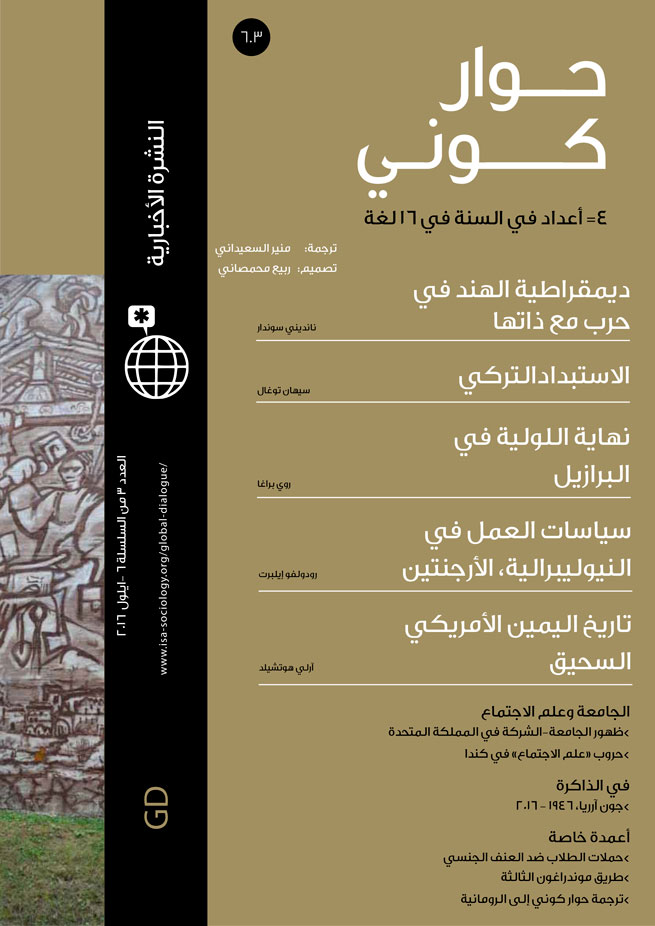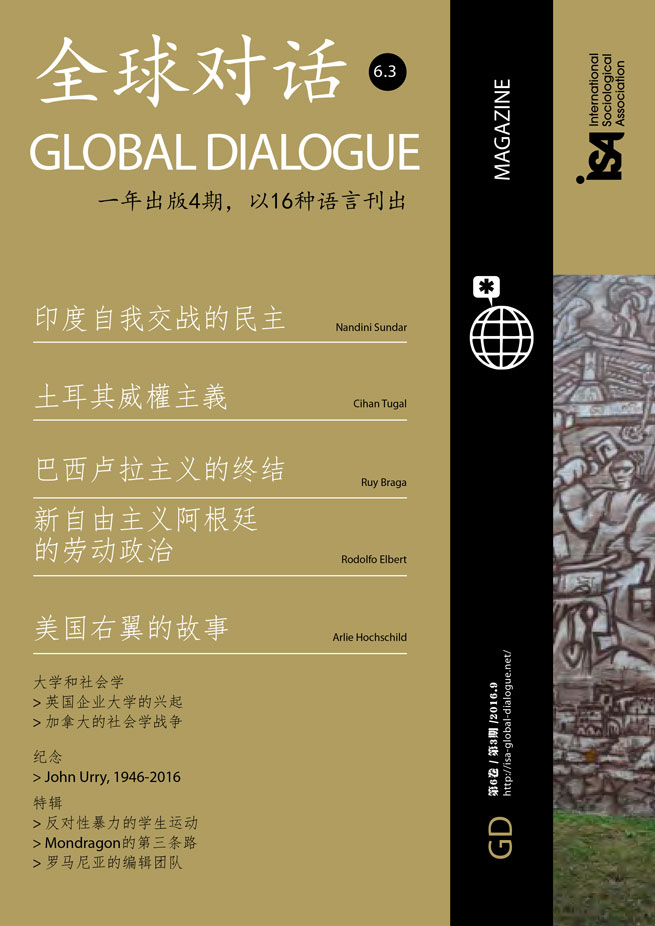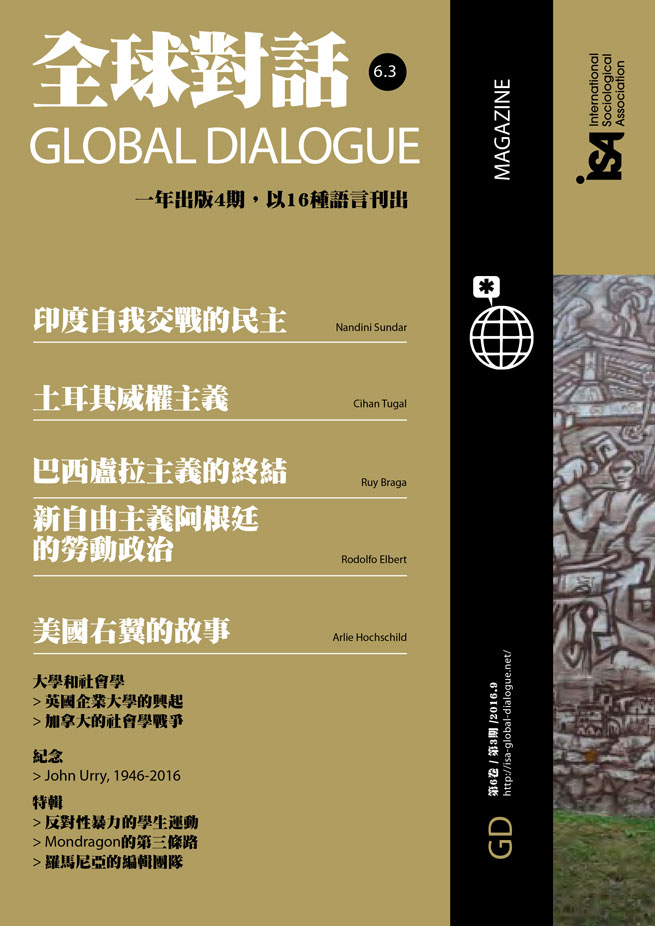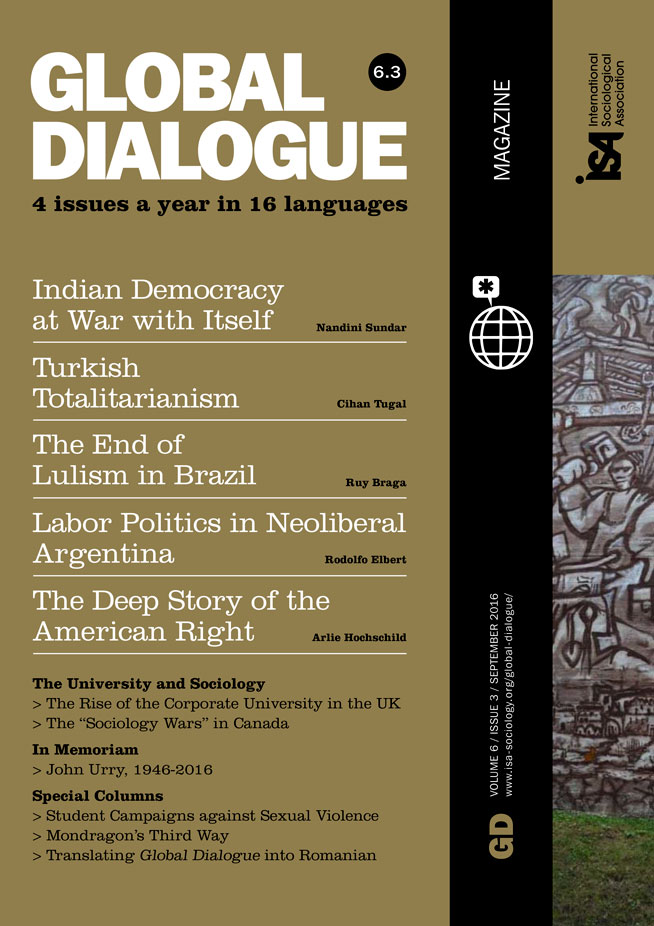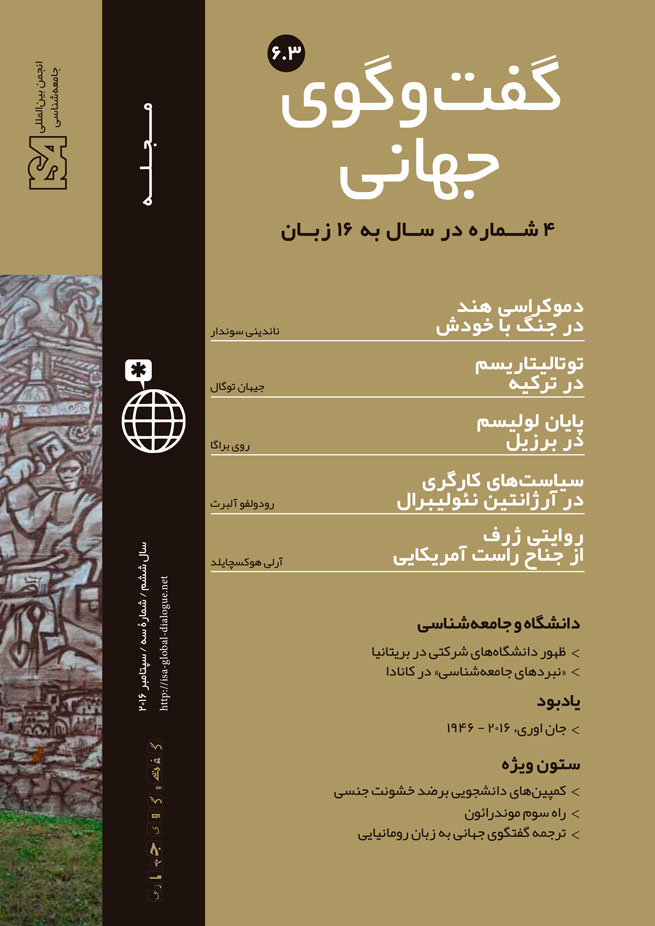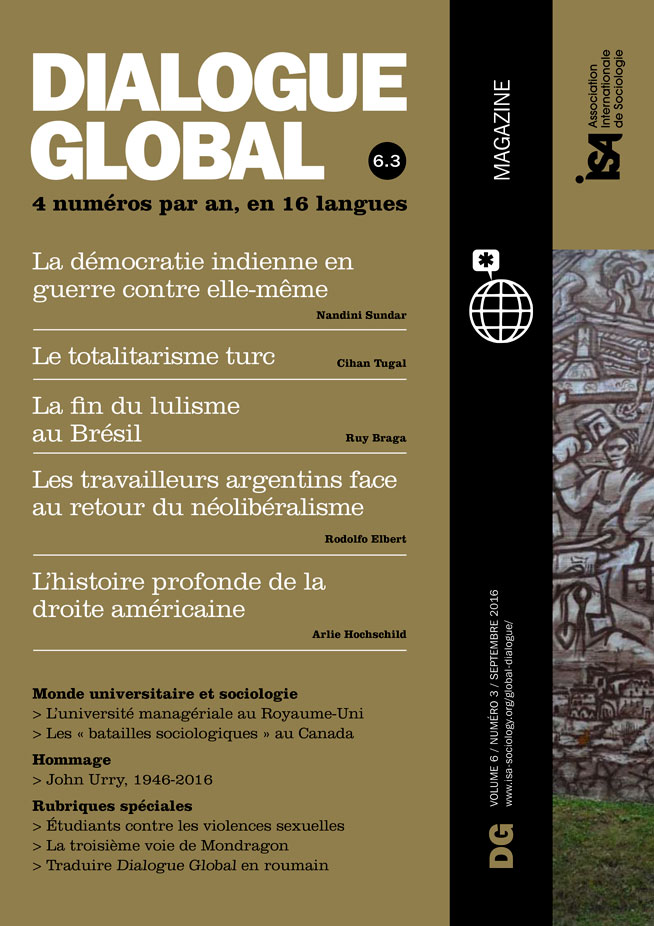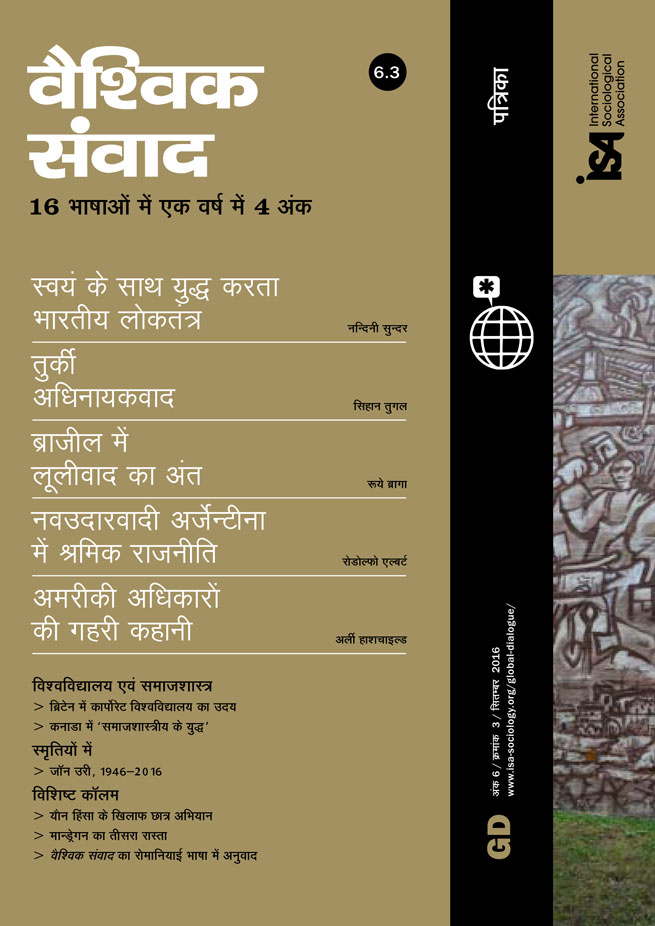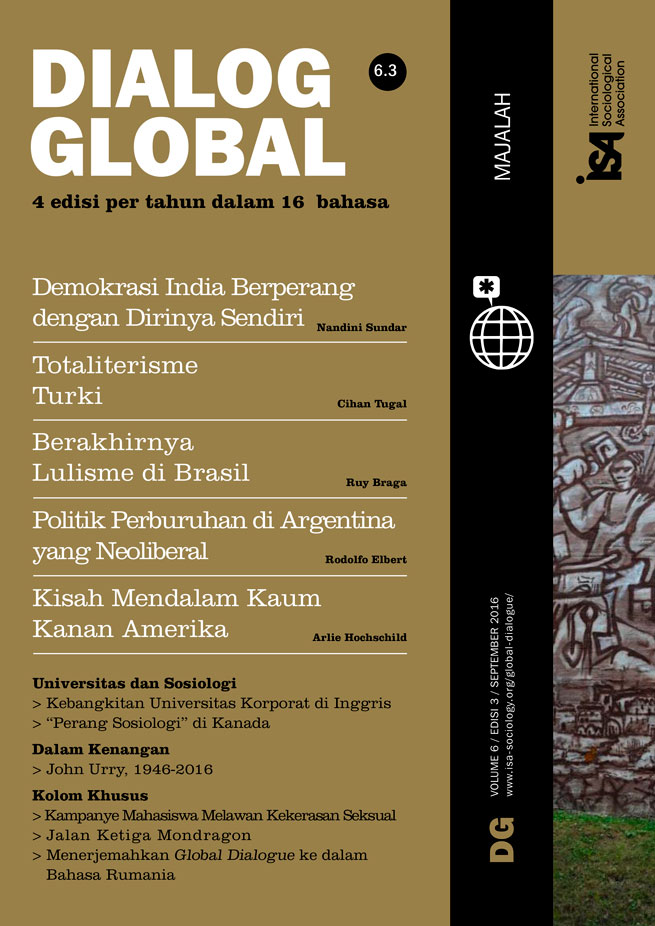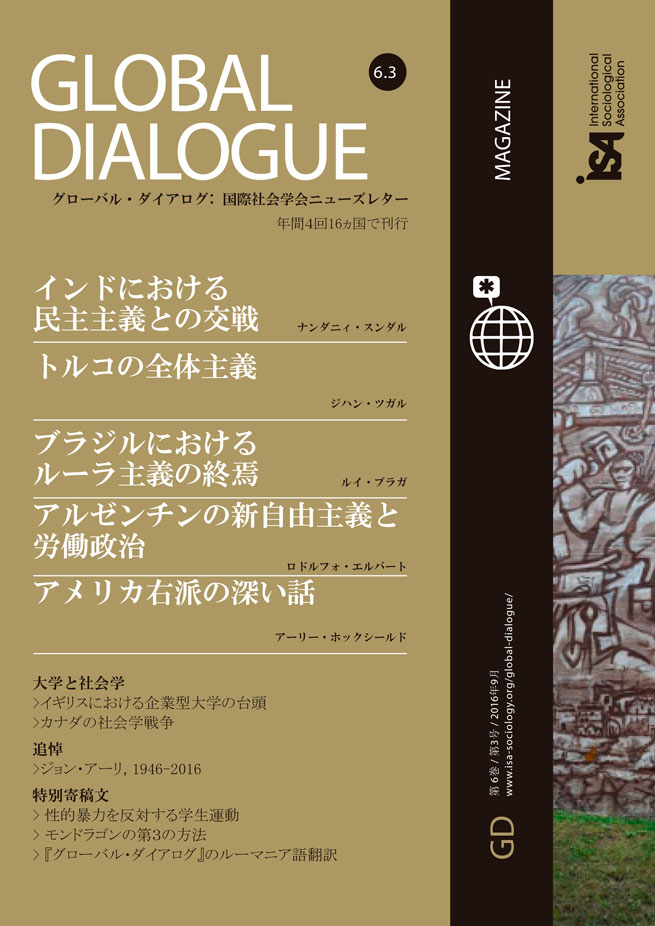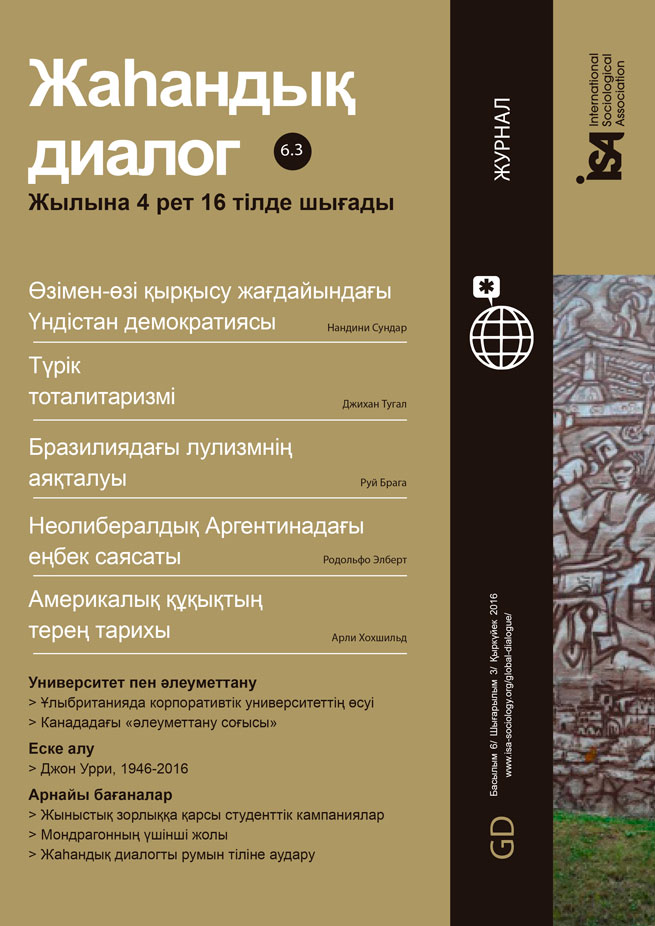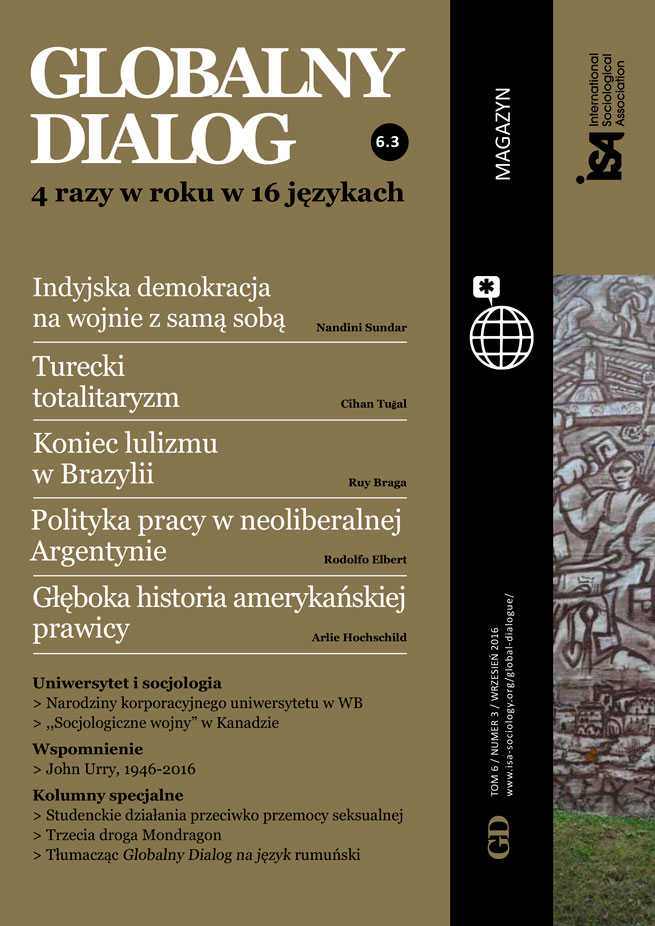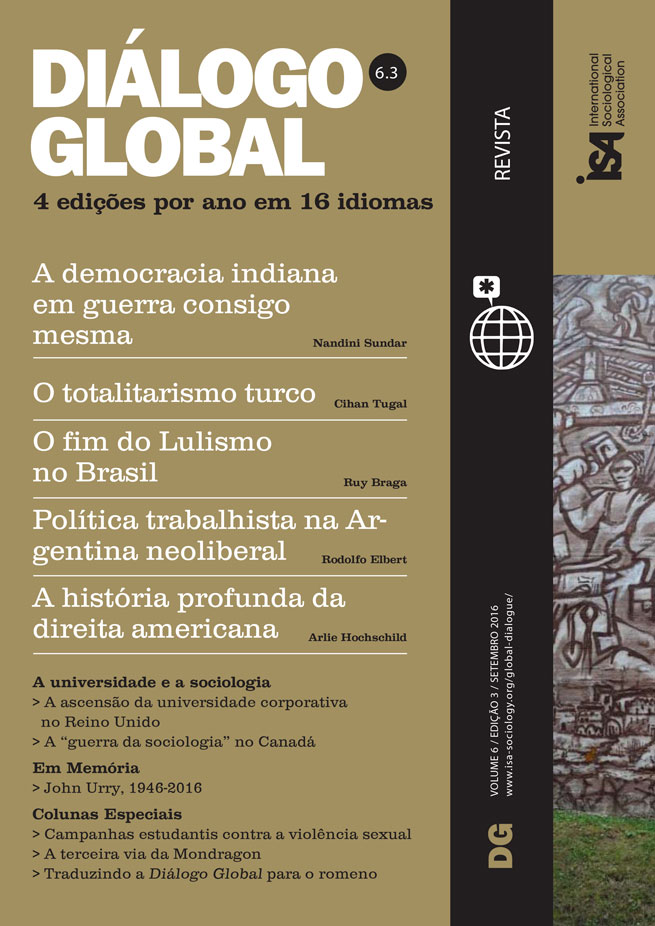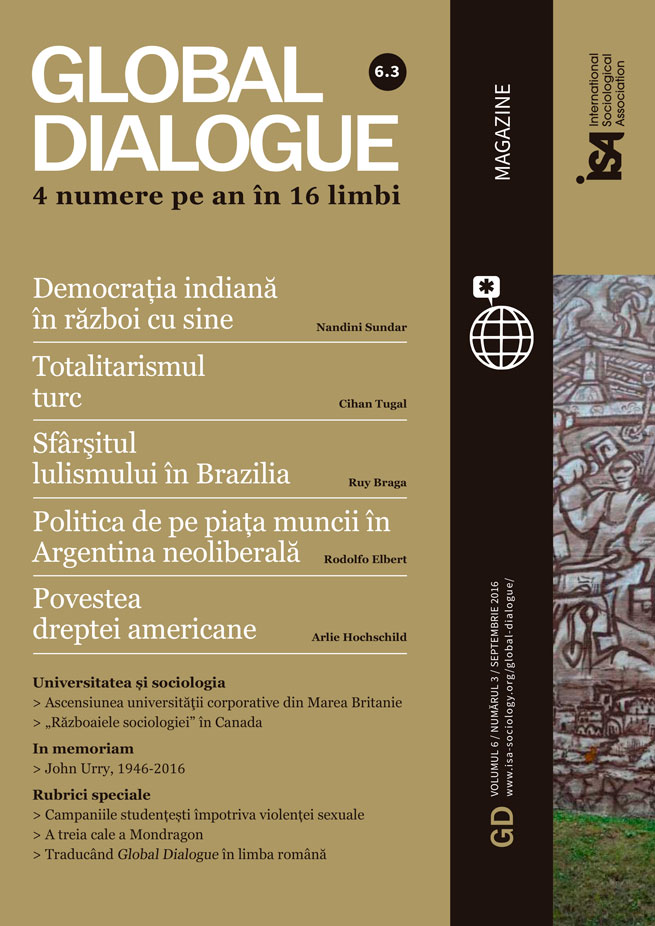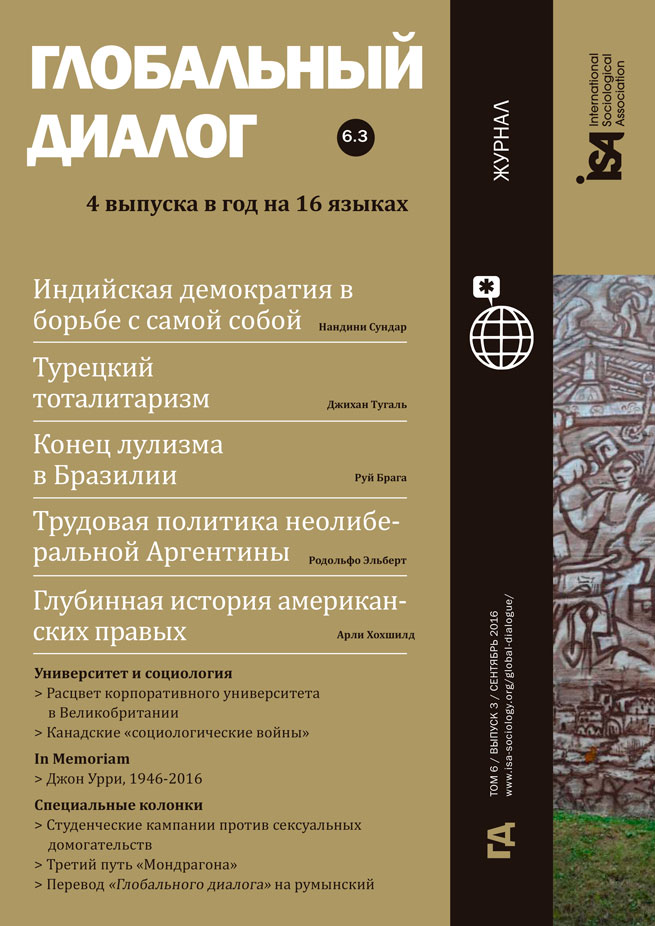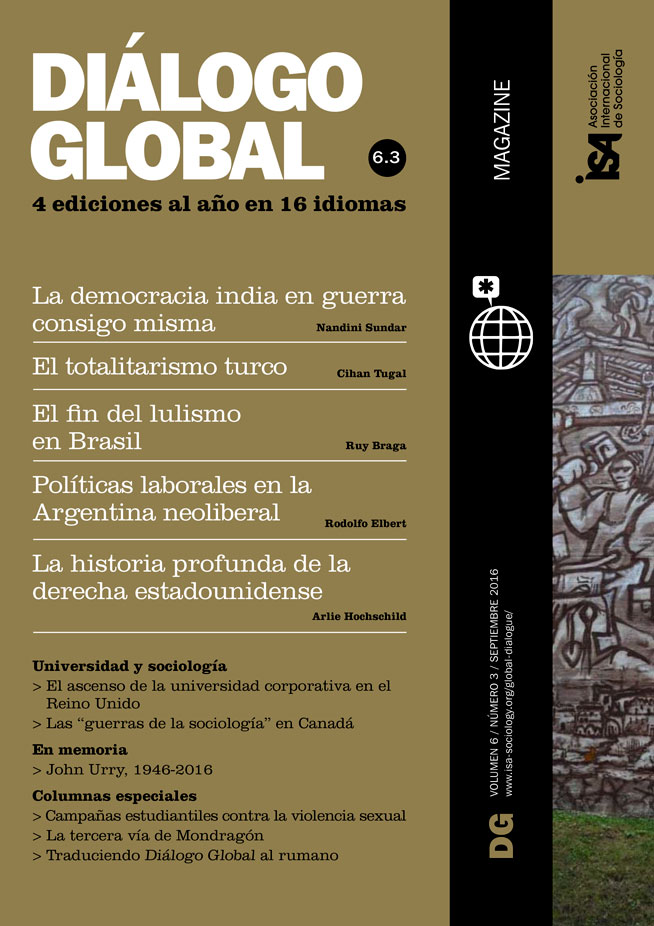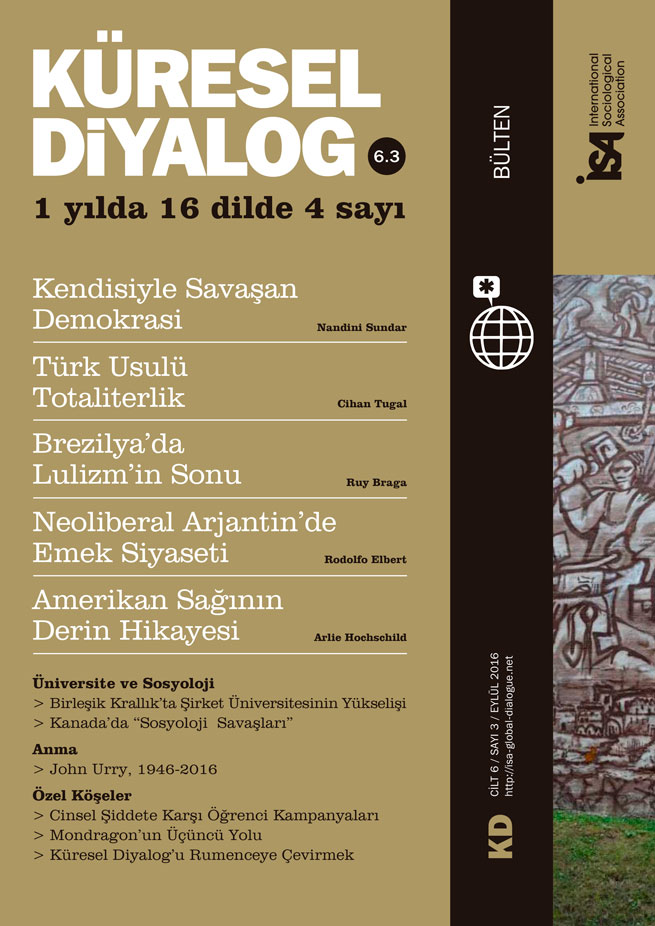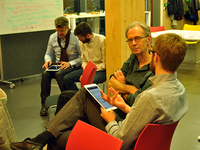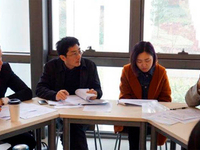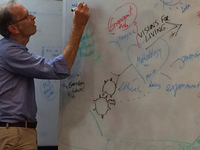Remembering John Urry and his Work
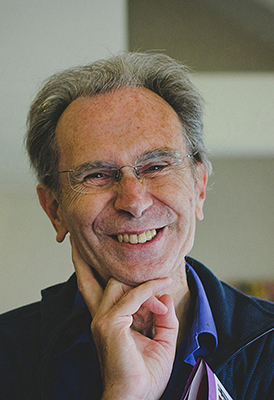
August 06, 2016
When you’ve known someone for a long time, it’s hard to separate the person from their work, and it’s probably best not to try. John Urry contributed to social science not just by publishing, but through example, by his way of being an academic.
He showed that to be an effective researcher or teacher, there is no need to try to dominate, or to cultivate a “formidable” persona or difficult writing style. He was totally free of affectation or concern about status; his laid-back, good-humored manner belied a sharp critical mind and an extraordinary appetite for work. He was more interested in constructing than demolishing; he was critical without ever being scathing: he could disagree in an agreeable way, and he was always straightforward, in his writing and with others. He was particularly good at encouraging and drawing young researchers both to join him on his intellectual journey and to branch off in new directions on their own.
John had a love of learning, a very evident intellectual pleasure in opening up sociology to new subjects and ways of thinking – whether it was space, time, disorganized capitalism, tourism, nature, mobility, climate change, or more specific things like the social implications of 3-D printing. He was not interested in pieties to the founders of sociology, but was open to whatever theoretical concepts illuminated the particular topics that concerned him, regardless of their provenance. He had an eye for social developments that other sociologists, more tied to mainstream agendas, missed – be it tourism, mobility, or “offshoring.” For him social theory was to be used and to be improved through applying it to new topics.
I can’t begin to discuss the range of his contributions in this short piece, so I’ll just comment on two periods – one early in his career, the other at the end. I first came across his work in the mid-1970s when our interests in critical realism, political economy, and social theory and space converged. Like many coming from a background in human geography, I was seeking ways of engaging with social theory. John was coming in the opposite direction, making overtures to geography. Gregory and Urry’s Social Relations and Spatial Structures explored the theoretical implications of this encounter, and at later points in his career – particularly in his work on localities, mobilities and offshoring – John continued to rethink the relation between space and society.
In the late 70s and early 80s, much of British social science was radicalized by Marxism, and John was one of those who engaged with it in an open, non-dogmatic and fruitful way. At the time, the Conference of Socialist Economists was providing a focus for radical research and discussion across a wide range of topics, with regular weekend workshops drawing researchers and activists from all over the country. It was at one of these – the CSE Regionalism Group – that I first met John. The “Lancaster Regionalism Group” was one of several research groups in the UK that drew upon radical theory to investigate what was happening in particular places. These “locality studies” were conducted against a background of ongoing debates about how capitalism was changing, many of them characterizing the new era as “post-Fordist.” While we can now see that the latter was a distraction from more important developments of financialization and neoliberalism, John and his colleague Scott Lash combined theoretical and empirical research to produce different and original overviews of the changing face of capitalism in The End of Organized Capitalism and Economies of Signs and Space.
In his last five years he published – among other things! – three books exploring a cluster of problems related to climate change, resources and society: Climate Change and Society, Societies Beyond Oil, and Offshoring. As Scott Lash notes, John was always particularly interested in social futures, and most recently he helped establish the new Institute for Social Futures at Lancaster University.
Climate change is without doubt the biggest challenge human society faces. Although many recent tomes on the future of capitalism and society scarcely mention global warming, John was one of the first social scientists to recognize the importance of fossil fuels in the development of modernity, and to think through the implications of climate change for everyday life. While most of us drive our research forward by looking in the rearview mirror, studying the past, John also looked ahead. Other worlds – better or worse – are possible, and as he showed, social scientists can and should think through and assess them. In these perilous times, I hope more follow the example he set.
Andrew Sayer, Lancaster University, UK

